Quick Response (QR) codes are quickly becoming a way of life in China.
You can use them to purchase almost anything, from convenience store goods to Starbucks drinks. And more often then not, people prefer scanning WeChat QR codes over exchanging business cards when networking or socializing.
But beware of fake QR codes: they could cost you.
As the technology becomes more ingrained into our everday lives, they're also becoming the tool of choice for scammers to empty wallets or install malware on your device.
Earlier this month, a Southern Metropolis Daily investigation revealed that Guangzhouers have been scammed out of RMB90 million via fradulent QR codes.
READ MORE: Guangzhouers Scammed 90 Million RMB by Fraudulent QR Codes
Other instances of QR code fraud include criminals infecting smartphones with viruses (which then allow them to steal money from mobile payment apps like Alipay) and crimes akin to "phishing scams" where unsuspecting users who believe they are paying for shops or services are instead fooled into transferring money into other accounts.
The booming popularity of bike-share apps has also led to scams where fraudsters post fake QR codes on the bicycles in circulation so that unsuspecting consumers pay the deposit fee to criminals instead of Mobike or Ofo.
In February, one Shanghai man spotted fake QR codes on a Mobike. And in October, a Guangzhou woman discovered fraudulent codes on a rental bike.
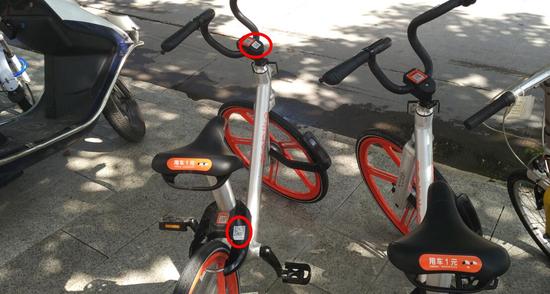
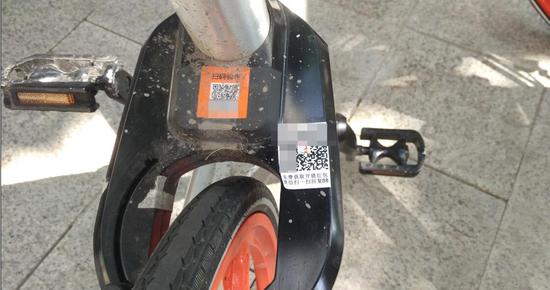
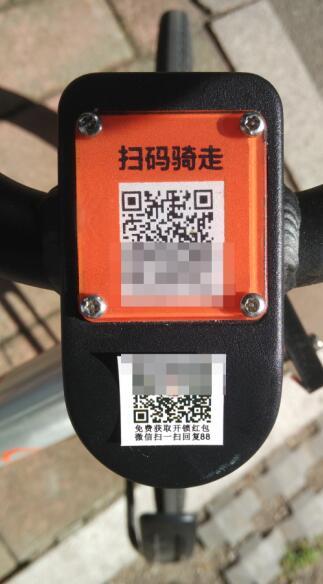
Fake QR codes spotted by a woman in Guangzhou in October 2016.
While both of them were able to spot the scams before losing their money, not every victim has been as lucky. One man was able to steal RMB900,000 from people via fake Mobike QR codes in Guangdong earlier this month.
In an op-ed, China Daily explained why QR codes are so easy for criminals to use:
"There are two reasons why QR codes are a popular means of conducting criminal activities. First, the code technology is not very secure and it can be manipulated by criminals. Second, QR codes are a kind of information technology that cannot be verified as genuine by the eye. Some criminals paste their own QR codes over the original ones to illicitly obtain money, as ordinary consumers simply cannot tell the difference."
WeChat and Alipay insist that they're taking measures to prevent such scams, according to China Daily.
Alipay, for example, has a site detection function that can be used to determine if QR codes contain malicious links. It will issue a security prompt when it detects such links and ask users if they wish to proceed.
We said it once, and we'll say it again: Our best advice is to exercise caution when scanning QR codes. While you can probably trust the codes at your local 7/11, QR codes in public places are sometimes pasted over by criminals. Proceed at your own risk!
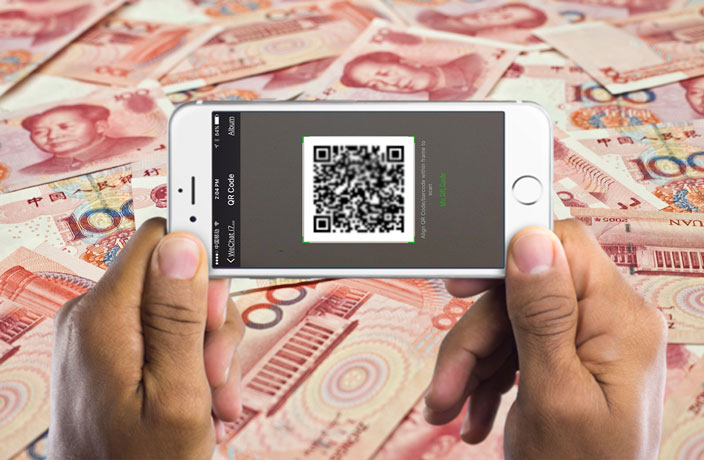





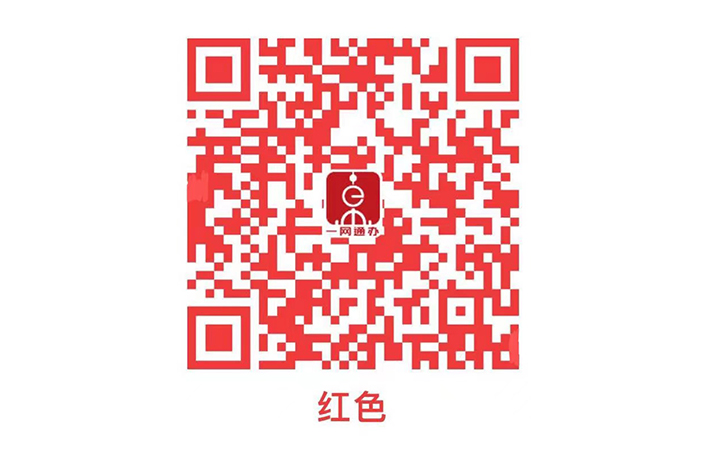















0 User Comments